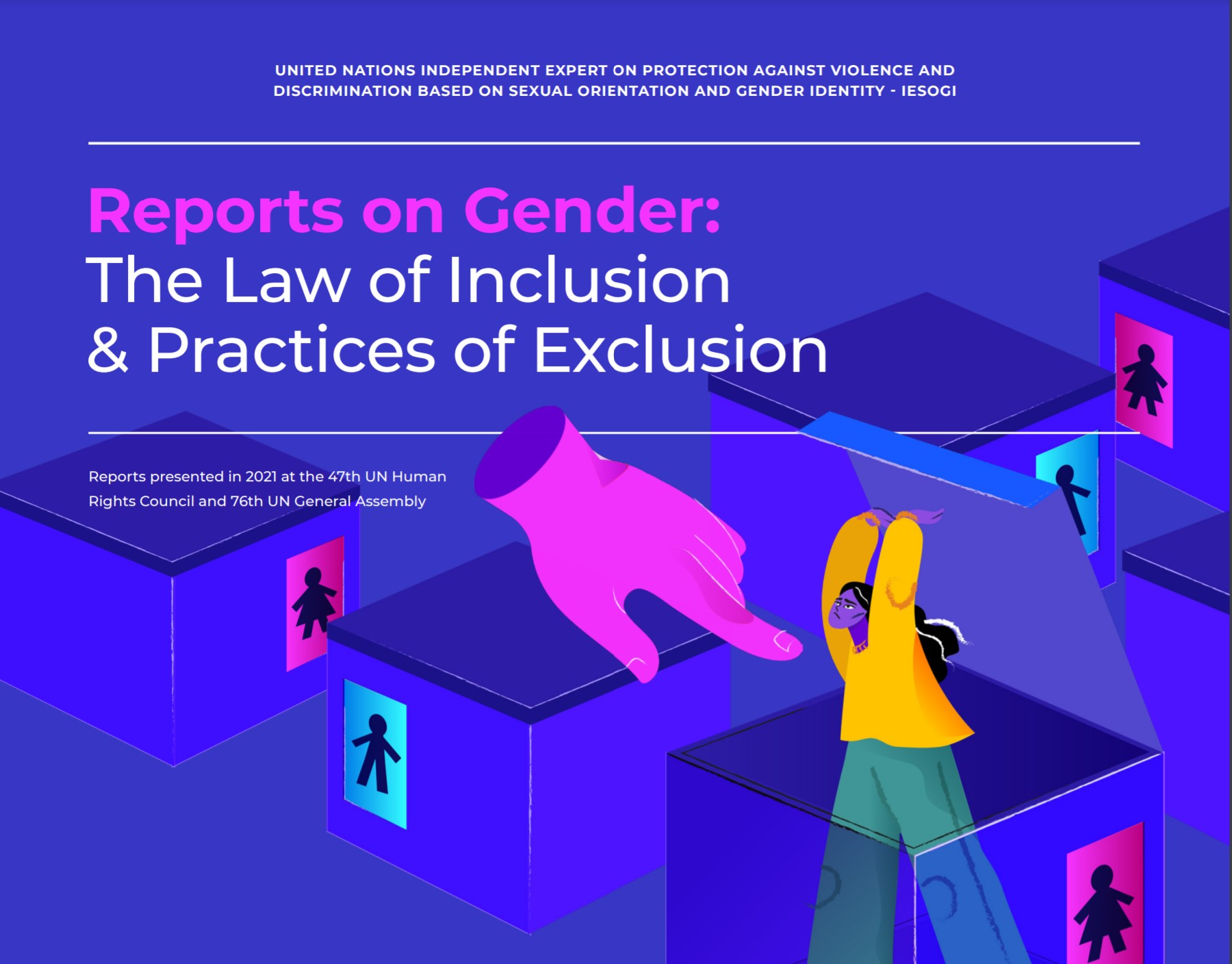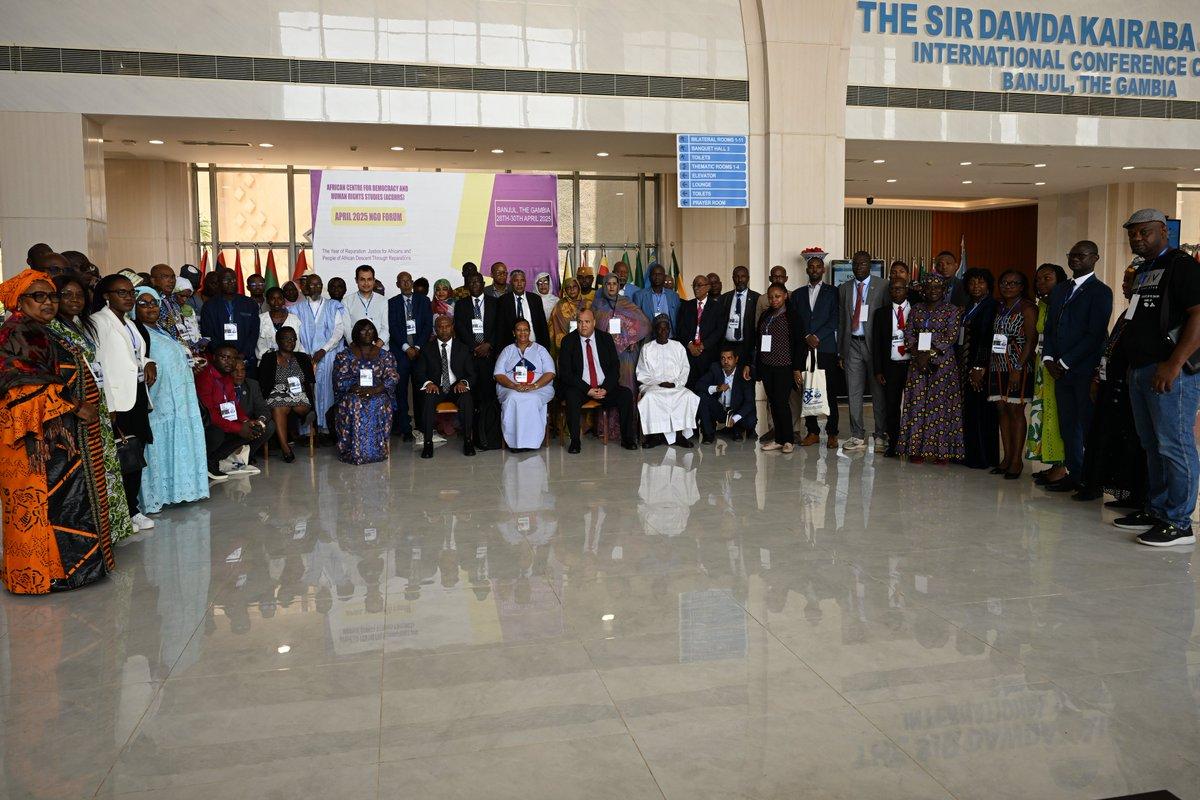The Independent Expert frames his two reports on gender theory as describing the two paths the international community has before it: (1) an inclusionary approach that can redress injustice and inequality; or (2) a defense of orders on which many existing injustices have been built and that perpetuate violence and discrimination.
The first report, presented to the UN Human Rights Council in June this year is titled the ‘Law of Inclusion’. It concludes that gender identity and expression are protected under international human rights law, and that gender-based approaches and intersectionality provide a lens for analysing the root causes of violence and discrimination based on sexual orientation and gender identity (SOGI).
The second, presented to the GA Third Committee in October is titled ‘Practices of Exclusion’. It analyses the backlash against the incorporation of gender frameworks in international human rights law and the risks this poses to the rights of women (including lesbian, bisexual and trans women) and to efforts to combat violence and discrimination based on SOGI. The Expert concludes that exclusionary narratives related to gender and gender identity (which almost invariably lead to the denial of legal recognition of trans and gender diverse persons) exploit preconceptions, stigma and prejudice and contribute tothe risks of perpetuating violence and discrimination.
The Expert discusses how exclusionary and anti-gender narratives (often employed by States, conservative groups and religious groups) are strategically used to energise and galvanise political bases. Vigorous social media messaging, simple and catchy slogans, and leveraging massive resources are used to push these narratives. The impact is already evident, with a rising number of arbitrary legal measures being adopted which limit the social integration of trans persons.
The Expert also highlights the connection of this backlash with efforts to undermine multilateralism, as anti-gender actors enter multilateral spaces. For example, for this report, the Expert received 297 submissions which replicated templates of exclusionary arguments. In a recent joint civil society event, the OURs report, ‘Rights at Risk: Time for Action’ was discussed. The report analyses these exclusionary strategies, explores opportunities and provides a tool for collective action against them at the UN.
Regarding human rights defenders (HRDs), the Expert notes that ‘traditional’ values are often wielded against women and LGBT advocates. Quoting the Special Rapporteur on HRDs, he notes a common accusation: ‘the assertion that these defenders are somehow advocating or attempting to import ‘foreign’ or ‘Western’ values, which contradict national or regional culture. State agents or representatives are often alleged to be responsible for such stigmatization.’.
The Expert makes a clear call on States to defend each individual’s freedom from violence and discrimination. He further clarifies that work to address violence and discrimination based on SOGI is not in opposition to the human rights of women; but largely overlaps and conceptually, socioeconomically, politically and legally reinforce each other.
The Expert has prepared a summary of the two reports, available here.



